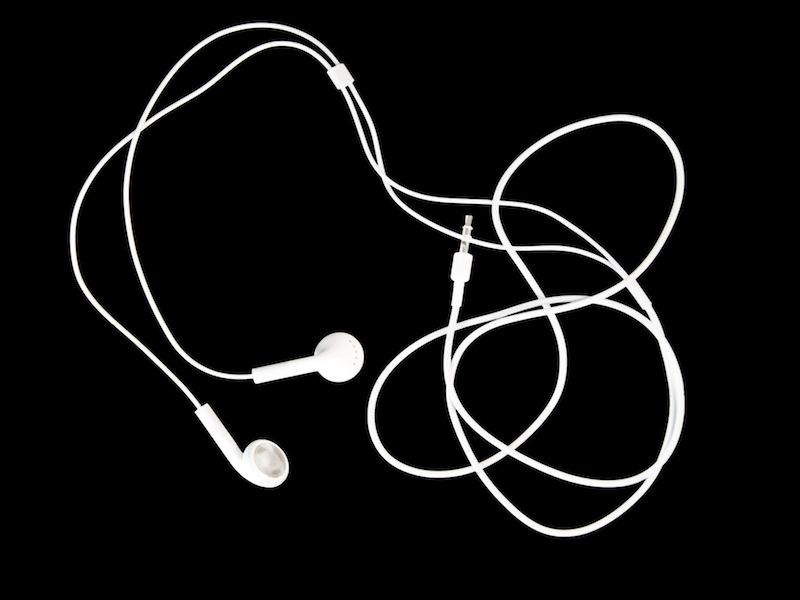
You don’t need to feel like your by yourself if you haven’t had a hearing exam since you were a youngster. It’s not normally part of a routine adult physical and sadly, we tend to deal with hearing reactively rather than proactively. Most people disregard hearing loss, even when they are aware of it, for up to seven years which can severely impact your health. As a matter of fact, untreated hearing loss has been proven to increase your healthcare costs over time.
The good news, hearing exams are simple, pain-free, and give a wide range of information for our experts to assist you, both for diagnosing hearing problems and assessing whether interventions like hearing aids are working. When you were younger, you may recall the audiometry test from school, but a full hearing test will give you a clearer understanding of your hearing without a sticker or a lollipop.
It’s important that you routinely get your hearing checked even though you might not normally give your hearing as much consideration as your teeth or eyes. You may not recognize something wrong with your hearing for some time. Hearing loss usually occurs gradually, and the earlier you recognize an issue with your hearing, the sooner you might be able to deal with it.
When Should You Be Examined?
All infants should be evaluated for hearing loss, and typically, the hospital handles that before they are released. The American Academy of Pediatrics suggests that children have formal hearing screenings when they are 4, 5, 6, 8 and 10 years of age and that teenagers should have hearing exams during wellness appointments with their physicians.
It’s recommended that if you are in between the ages of 18 and 49, you have your hearing examined every five years and then, as you age, more frequently. After you turn 60 you need to get tested every two years and if you are in between 46 and 60 every three years. But you might need to get checked more frequently. Your specific situation will determine when you should get a test. You should have your hearing tested right away if you notice it isn’t as good as it once was. Untreated loss of hearing has been associated with cognitive decline, depression and a greater risk of falls and other health concerns. Your ability to work efficiently and your relationships can also be influenced.
And you need to have a hearing exam, in some situations, as soon as possible if you have hearing loss that is getting worse quickly. The following situations suggest that you should get a hearing test immediately:
- It is difficult to pinpoint where sounds are coming from
- You are unable to hear conversations, particularly when in crowded areas
- You find yourself having to constantly ask people to repeat themselves
- You are experiencing vertigo
- Your ear was infected, or there was a buildup of earwax
- Your ears have constant ringing in them
Whether you are at risk of hearing loss is another factor. You should have your hearing screened more often, as an example, if you are exposed to loud noise or if hearing loss runs in your family.
Also, more than 200 ototoxic medications exist. From Aspirin to certain antibiotics, these drugs can be very bad for your hearing. Consult your doctor to make sure any medicines you are taking aren’t affecting your hearing. Think about getting your hearing tested more frequently in order to address any loss of hearing right away if you are taking any ototoxic medications.
Also, consider your habits and whether they may contribute to hearing loss. Regularly using your earbuds? There’s been a noticeable rise in younger people who have hearing loss, which many experts attribute to the increased use of earbuds and other headsets. Your hearing can also be significantly harmed by loud concerts, shows, and machinery. Schedule your hearing exam today if it’s time for you to have your hearing tested.
